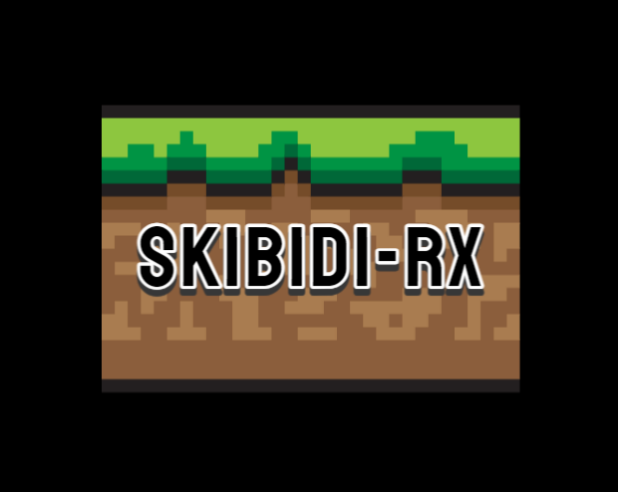Hello Skibidi
Ninjas!! Are you tired of forgetting what you just studied? Do you wish you had
the memory of an elephant? This guide is
packed with 10 evidence-based tricks that will not only boost your memory.
1. Understand Before
You Memorize: The “Aha!” Moment
Before diving
into memorization, ensure you fully understand the material. This is like
trying to build a house without a foundation—good luck with that!
For example : When
studying the human circulatory system, instead of rote memorization, ask
yourself:
- How does blood flow through the heart?
- What role do arteries and veins play?
2. Spaced Repetition: Sleep-Eat-Read-Repeat...
Use spaced repetition to revisit material at increasing intervals. It’s like giving your brain a workout without the sweat!
Example:
If you’re learning a new language, review vocabulary words:
- Day 1: Learn 10 new words
- Day 3: Review those words
- Day 7: Test yourself again
Evidence shows that spaced repetition significantly improves
long-term retention compared to cramming.
3. Multi-Sensory
Learning: Engage Your Inner Picasso
Incorporate
multiple senses into your study routine. Make it a sensory fiesta!
Example:
When studying the water cycle:
- Visual: Create a colorful diagram.
- Auditory: Listen to a catchy song about the water cycle.
- Kinesthetic: Conduct a simple experiment with boiling water to demonstrate evaporation.
4. Mnemonics: Your Memory’s Creative Wingman
Use mnemonics to
turn complex information into memorable phrases or images. Make it fun and
ridiculous!
Example:
To remember the
order of operations in math (Parentheses, Exponents, Multiplication and
Division, Addition and Subtraction), use the phrase: "Play Every Move Dirty And Seductive." ( Feel free to make it as wild and memorable as you like—if it’s dirty, don’t worry, it’ll be your little secret!)
Mnemonic devices significantly improve recall by creating vivid associations.
5. Active Recall:
The Memory's Gym Workout
Test yourself frequently on the material instead of passively reviewing notes. It’s like lifting weights for your brain!
Example:
After studying a
chapter, close your book and write down everything you remember. Then, check
your notes to see what you missed.
Active recall is one of the most
effective study techniques, leading to better retention than passive review.
6. Chunking: The
Pizza Slice Method
Break down large
amounts of information into smaller, manageable chunks. It’s like eating a
pizza—one slice at a time!
Example:
When memorizing a
long number, like a credit card number (1234567890....), chunk it into
groups: 1234-5678-90.....
Cognitive psychology research indicates that chunking helps improve memory
capacity by organizing information into familiar patterns.
7. Mind Mapping: Your Visual Blueprint for Ideas
Create a visual representation of information by starting with a central concept and branching out into related ideas. This method helps organize thoughts and enhances understanding.
Example:
To plan a project, start with the project name in the center and draw branches for key components like research, tasks, deadlines, and resources. Each branch can further expand into sub-branches detailing specific actions or ideas.
Studies show that mind mapping improves information retention and comprehension by engaging both the left and right hemispheres of the brain, making it an effective tool for learning and creativity.
8. Sleep: The
Ultimate Memory Consolidation Tool
Prioritize sleep to allow your brain to consolidate memories. Think of it as your brain’s nightly spa treatment!
Research shows that sleep helps solidify what you’ve learned, making it easier to recall during the exam. It plays a crucial role in memory consolidation, enhancing learning and retention.
9. Move
It to Remember It!
Incorporate physical activity into your study routine to boost brain function. Take a brisk walk while reviewing flashcards or do a quick workout before studying.
Research shows that regular physical activity enhances cognitive function and memory retention. Exercise increases blood flow to the brain, which can improve your ability to learn and remember.
10. Fuel
Your Brain: Eat Like a Champion
Incorporate brain-boosting foods into your diet to support memory function. Think of it as feeding your brain the best fuel possible!
Snack on:
- Salmon for omega-3 fatty acids, which are essential for brain health.
- Blueberries for antioxidants that may delay brain aging and improve memory.
- Nuts (especially walnuts) for healthy fats and vitamin E, which are linked to cognitive function.
Your Memory Mastery Awaits!
So Skibidi Ninjas, Now that you have these 10 effective tricks to boost your memory, it’s time to put them into action! So, whether you’re studying for an exam, learning a new skill, or just trying to remember where you left your keys, remember: You’ve got this! Embrace these techniques, and soon you’ll be the one with the memory of an elephant (just the memory of course! ).
Happy memorizing! 🐘✨










.jpeg)





0 Comments